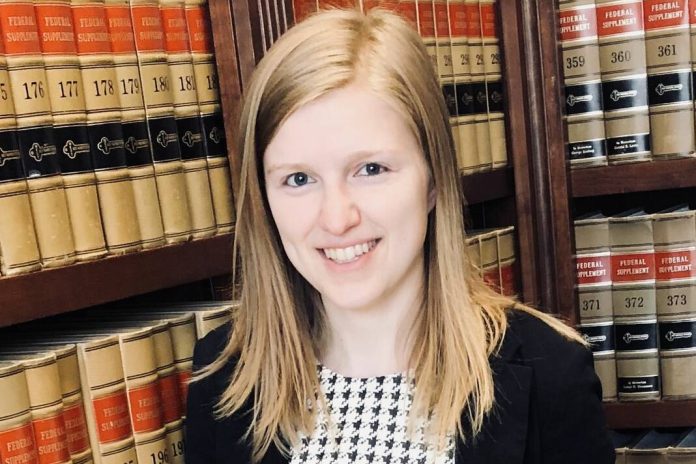The No. 1 question I have been asked over the last week has been “Now what happens?”
What happens to Lee Schroeder’s column in The Lima News? The future is still not set in stone. I could continue to write and honor Lee’s legacy over the last decade, but I know that Lee was one of a kind. There will never be a person or attorney to fill Lee’s shoes. I know I don’t need to replace Lee and I never will be able to, but Lee is one tough act to follow.
What happens to Schroeder Law? Another question is, “What happens to my will you have on file?” These questions were easy ones, and no brainers, for me. I know I will continue Schroeder Law’s line of succession and continue on helping our clients across Northwest Ohio and beyond. I hope our clients can continue to show the trust, patience, and support they have given me and my staff to date.
Then there are the questions I found I started asking myself. What happens now that my law partner has passed away? What happens to Lee’s personal assets? What happens to Lee’s business assets?
I quickly realized the answer to all of my questions is the same answer I give clients when meeting after a loved one dies. Which is, you must take some time. Time to grieve your loss and time to reflect. You don’t need to rush to have everything wrapped up and finalized in the first two weeks after your loved one dies.
After taking some time following the loss of your loved one, it’s time to start getting organized so you can start the estate administration process. The estate administration process will either be a probate administration, a non-probate administration, or a mix of the two processes.
In the legal world your loved one who has passed is called the decedent. To start the estate administration process, you need to make a list of assets in the decedent’s name. Your list should include real estate, bank accounts, retirement accounts, life insurance, titled vehicles (including recreational vehicles), stocks, bonds, and any other assets your loved one owned.
Next you need to gather all bills, credit card statements, mortgage balances, student loan balances, and any other debts, as applicable. When possible, you should also try to avoid payment of these debts until speaking with a licensed attorney.
Once you have your asset list and debt list, you are almost ready to dig into the estate administration. The last two important documents you need are the certified death certificate of your loved one, and either have or know of the location of the original last will and testament of the decedent. Once you’ve located those two important documents you are ready to meet with a licensed attorney of your choice to help you proceed with the estate administration process.
When a loved one passes away, whether they were a licensed attorney or not the initial steps in the estate administration process are the same.
Nichole Y. Shafer is an Ohio licensed attorney at Schroeder Law LTD in Putnam County. She limits her practice to business, real estate, estate planning and agriculture issues in northwest Ohio. She can be reached at 419-659-2058. This article is not intended to serve as legal advice, and specific advice should be sought from the licensed attorney of your choice based upon the specific facts and circumstances that you face.







